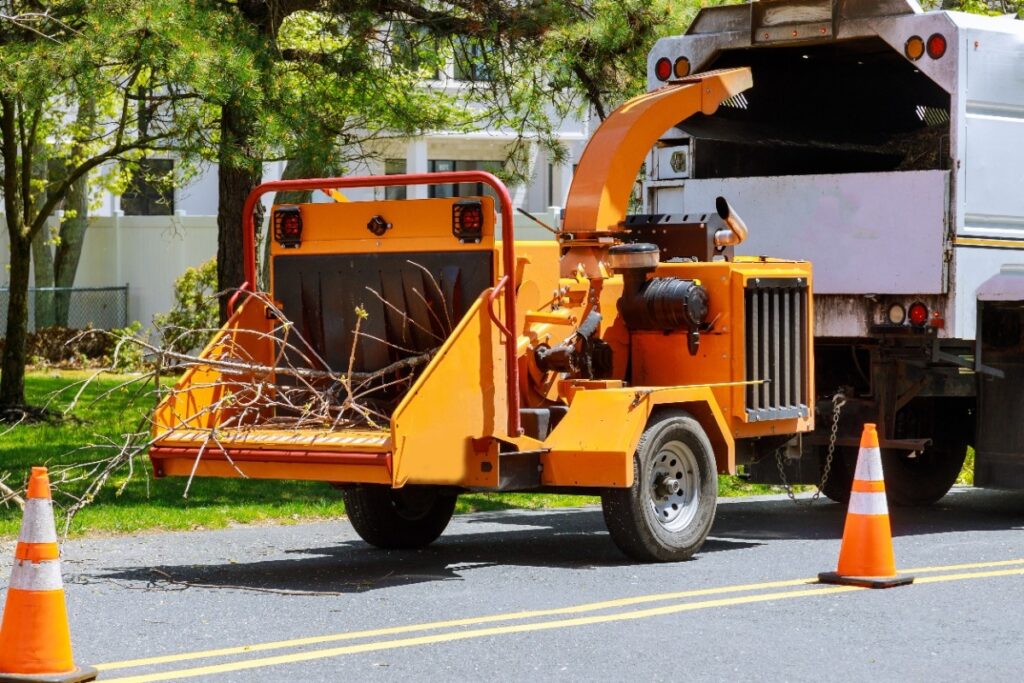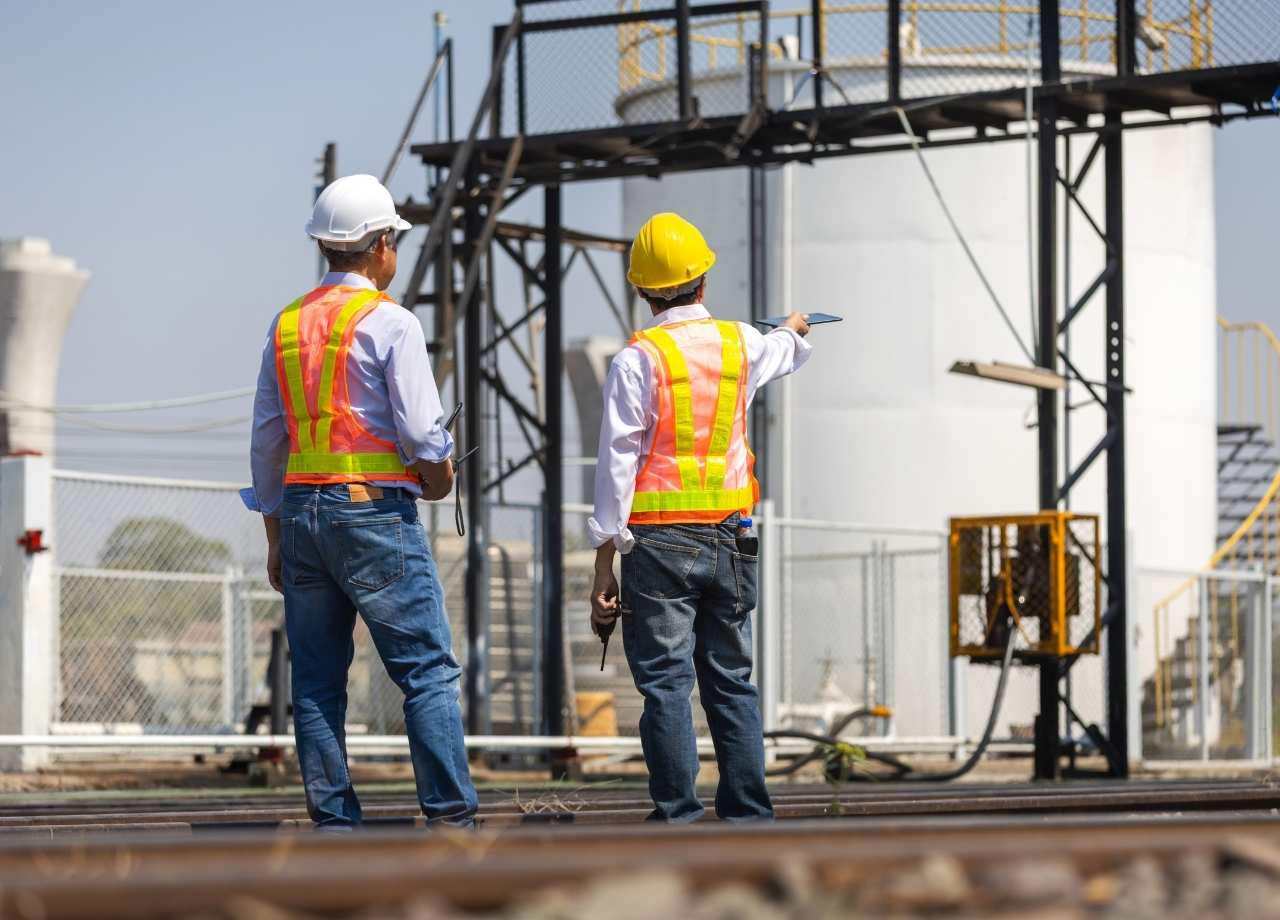Red Flags in Commercial Landscaping Companies
Hiring the wrong commercial landscaping company leads to more than just an unappealing property—it causes delays, budget overruns, and ongoing frustration. Some contractors cut corners, mismanage crews, or lack the experience to handle large-scale projects. Recognizing warning signs early prevents costly mistakes and ensures the job gets done right.
Poor Communication from the Start
Contractors who take days to respond to emails, miss scheduled calls, or provide vague answers make projects harder than they need to be. A company that struggles with basic communication before work even begins will likely continue that pattern. Unanswered questions, last-minute changes, and inconsistent updates create unnecessary stress.
A lack of transparency is another concern. Property managers shouldn’t have to chase down updates or wonder when crews will arrive. Reliable contractors keep clients informed, provide clear schedules, and are upfront about any changes.
No Clear Pricing or Contracts
Some companies offer vague verbal estimates instead of a detailed proposal. Others provide written quotes that lack specifics. A professional contractor outlines costs for labor, materials, and additional services. Without this breakdown, hidden fees often appear later.
- Contracts should include timelines, scope of work, and payment schedules. Any hesitation to put terms in writing suggests a company isn’t confident in its own pricing or commitments.
- Agreements protect both parties, and professionals won’t shy away from clear documentation.
Lack of Proper Licensing and Insurance
Liability risks increase when a contractor lacks proper licensing and insurance. If a company hesitates to provide proof, it’s a sign of inexperience or financial instability. Accidents happen, and without coverage, property owners may be responsible for damages or injuries.
- Workers’ compensation and general liability insurance protect clients from unexpected costs.
- Contractors operating without these essentials put everyone at risk. A legitimate company should have no issue providing documentation upon request.
High Employee Turnover
Crews that change frequently signal deeper problems. Constant turnover suggests poor management, low wages, or an unstable business. Skilled workers don’t stay long in bad environments, and high attrition leads to inconsistent service.
- Experienced teams understand site requirements, follow best practices, and work efficiently.
- If a company is always training new hires, mistakes become more common, and projects often take longer than expected.
Limited Equipment or Poor Maintenance
Large-scale commercial projects require specialized machinery. A company relying on rented equipment may struggle with availability or unexpected delays. Outdated or poorly maintained tools affect efficiency and the quality of work.

- Frequent breakdowns slow progress, forcing crews to work around mechanical issues instead of focusing on the job.
- A professional contractor invests in high-quality equipment and keeps it in good condition.
No Portfolio or References
A company should be able to showcase past work with photos, case studies, or references from satisfied clients. Hesitation to provide examples suggests inexperience or a history of unhappy customers.
- Online reviews reveal patterns in customer complaints. Recurring issues like missed deadlines, billing disputes, or unprofessional conduct should raise concerns.
- A reputable contractor has a history of successful projects and positive feedback.
Overpromising Without Delivering
Some companies claim to offer the fastest service, the lowest prices, or flawless results. These promises rarely hold up. Quality work takes time, and rushing often leads to mistakes.
- Unrealistic guarantees—especially ones that seem too good to be true—are usually a sign of a contractor cutting corners.
- A reliable company sets honest expectations instead of making empty promises.
No Regular Maintenance Plan
A well-maintained property requires ongoing care. If a company focuses only on installation without discussing long-term upkeep, future maintenance may become a problem.
- Seasonal services, routine inspections, and proactive solutions keep landscapes looking professional.
- Contractors who fail to offer maintenance plans often disappear after the initial project, leaving property owners scrambling to find new providers for ongoing needs.
Disorganized or Unsafe Worksites
Messy worksites filled with debris, scattered tools, or improperly stored materials indicate carelessness. Professional crews maintain clean, organized work areas and follow safety protocols.
- Lack of protective gear, improper handling of heavy machinery, or disregard for OSHA regulations increases the risk of accidents.
- A company that neglects safety puts workers and property owners at risk.
Unclear Responsibilities for Permits and Compliance
Certain landscaping projects require permits or adherence to zoning laws. Contractors unsure about these requirements may leave property owners dealing with violations or legal issues.
- A professional understands local regulations and handles necessary approvals.
- If a company shifts the responsibility entirely to the client without guidance, it’s a sign they lack industry knowledge or experience.
Unwillingness to Provide a Warranty
Reliable contractors stand behind their work. If a company refuses to offer warranties on materials or installation, it suggests they don’t have confidence in their services.
- Warranty terms should be clear and detailed. Avoiding this discussion often means a contractor isn’t committed to long-term quality.
- Property owners should always ask about guarantees before signing a contract.
Signs of Financial Instability
A contractor that frequently requests large deposits, delays payments to suppliers, or struggles with staffing may be dealing with financial trouble.
- Sudden price increases mid-project, last-minute material substitutions, or unexpected work stoppages are often tied to money problems.
- A company in financial distress may cut corners or abandon projects entirely.
Subcontracting Without Transparency
Some companies present themselves as full-service providers but outsource key parts of the project. Subcontracting isn’t always a bad thing, but clients should know who’s actually doing the work.
- Lack of oversight on subcontractors leads to inconsistent results.
- If a company refuses to disclose whether they use outside crews, accountability becomes a concern.
Pressuring Clients into Quick Decisions
High-pressure sales tactics, aggressive upselling, or rushing clients into contracts are warning signs. Professional contractors provide clear information and allow property owners to make informed decisions without unnecessary urgency.
- If a company insists on immediate commitments or discourages comparisons with competitors, they may be hiding something.
- Reliable providers focus on quality service rather than quick sales.
Inconsistent or Poor Customer Service
Unprofessional behavior, rude staff, or dismissive attitudes should not be ignored. A company that doesn’t value customer relationships before securing a contract will likely be even less responsive once work begins.
- Property owners deserve respect, prompt responses, and clear communication.
- If a contractor seems uninterested in addressing concerns or answering questions, working with them long-term will likely be frustrating.
What to Look for in a Commercial Landscaping Contract
A well-structured commercial landscaping contract is your primary tool for ensuring clarity, accountability, and quality service. It should be far more than a simple price quote; it is a detailed roadmap that protects both you and the service provider. A comprehensive contract will explicitly define the scope of work, including specific services like mowing frequencies, fertilization schedules, pruning details, and seasonal cleanups. It should outline precise performance standards, such as grass height or bed weed tolerance, and include a clear schedule for services. Crucially, it must state the total cost, payment terms, the duration of the agreement, and any warranties on plants or workmanship. Insist on a contract that includes insurance and licensing verification, termination clauses, and a clear process for handling additional work or addressing service issues. Never sign an agreement that is vague or fails to put all verbal promises in writing.
Conclusion
Recognizing warning signs early prevents costly mistakes. Poor communication, lack of transparency, hidden fees, and disorganized worksites all indicate deeper issues. Working with an experienced, professional contractor ensures that projects stay on schedule, within budget, and meet high-quality standards. Companies that prioritize communication, offer clear pricing, and maintain proper licensing and insurance provide the best long-term value.
For commercial property owners seeking reliable landscaping services, choosing the right provider makes all the difference. A company with a proven track record, strong client relationships, and transparent practices delivers results without the stress of missed deadlines or unexpected costs. Taking the time to select the right partner leads to a well-maintained, professional landscape that enhances property value and business reputation.






